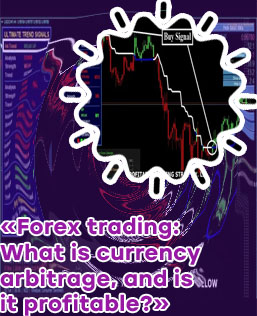
How lucrative is online forex trading
Online forex trading has become increasingly popular in recent years, with many individuals looking to capitalize on the potential for high returns. However, the question remains - how lucrative is online forex trading really? To help shed some light on this topic, we have compiled a list of two articles that delve into the profitability of online forex trading and provide insights into whether it is a viable option for investors.
The Pros and Cons of Online Forex Trading: Is it Worth the Risk?

Online Forex trading has gained immense popularity in India in recent years, offering individuals the opportunity to trade currencies from the comfort of their own homes. However, like any form of investment, there are both pros and cons to consider before diving into this market.
One of the key benefits of online Forex trading is the flexibility it offers. Traders can access the market 24 hours a day, five days a week, allowing them to capitalize on global economic events and news. Additionally, the Forex market is highly liquid, meaning that traders can enter and exit positions quickly and easily.
On the other hand, online Forex trading is not without its risks. The market is highly volatile, with prices fluctuating rapidly in response to various factors such as economic data releases and geopolitical events. This volatility can lead to significant losses if traders are not careful.
Furthermore, the Forex market is decentralized, meaning that there is no central exchange where trades are executed. This lack of regulation can expose traders to fraudulent brokers and scams, making it essential to do thorough research before choosing a platform.
In conclusion, online Forex trading can be a lucrative venture for those who are willing to put in the time and effort to learn the ins and outs of the market. However, it is crucial to be aware of the risks involved
Maximizing Profits in Online Forex Trading: Strategies for Success
In his latest book on online forex trading strategies, renowned expert Rajesh Kumar provides invaluable insights for traders looking to maximize profits in the dynamic world of foreign exchange. With a wealth of experience in the financial markets, Kumar offers practical advice and proven techniques to help traders succeed in this competitive field.
One of the key takeaways from Kumar's book is the importance of risk management in forex trading. By implementing effective risk management strategies, traders can protect their investments and minimize potential losses. Kumar emphasizes the need for traders to set stop-loss orders and adhere to strict money management principles to safeguard their capital.
Another valuable aspect of Kumar's book is his discussion on technical analysis and chart patterns. By analyzing market trends and identifying key support and resistance levels, traders can make informed decisions and improve their chances of success. Kumar also delves into the psychology of trading, highlighting the importance of discipline and emotional control in achieving long-term profitability.
Feedback from a resident of Mumbai, India, highlights the practicality and relevance of Kumar's strategies in the local forex market. According to Ananya Sharma, a seasoned trader in Mumbai, Kumar's insights have helped her navigate the complexities of online forex trading and achieve consistent profits. She particularly appreciates Kumar's emphasis on risk management and technical analysis, which have proven to